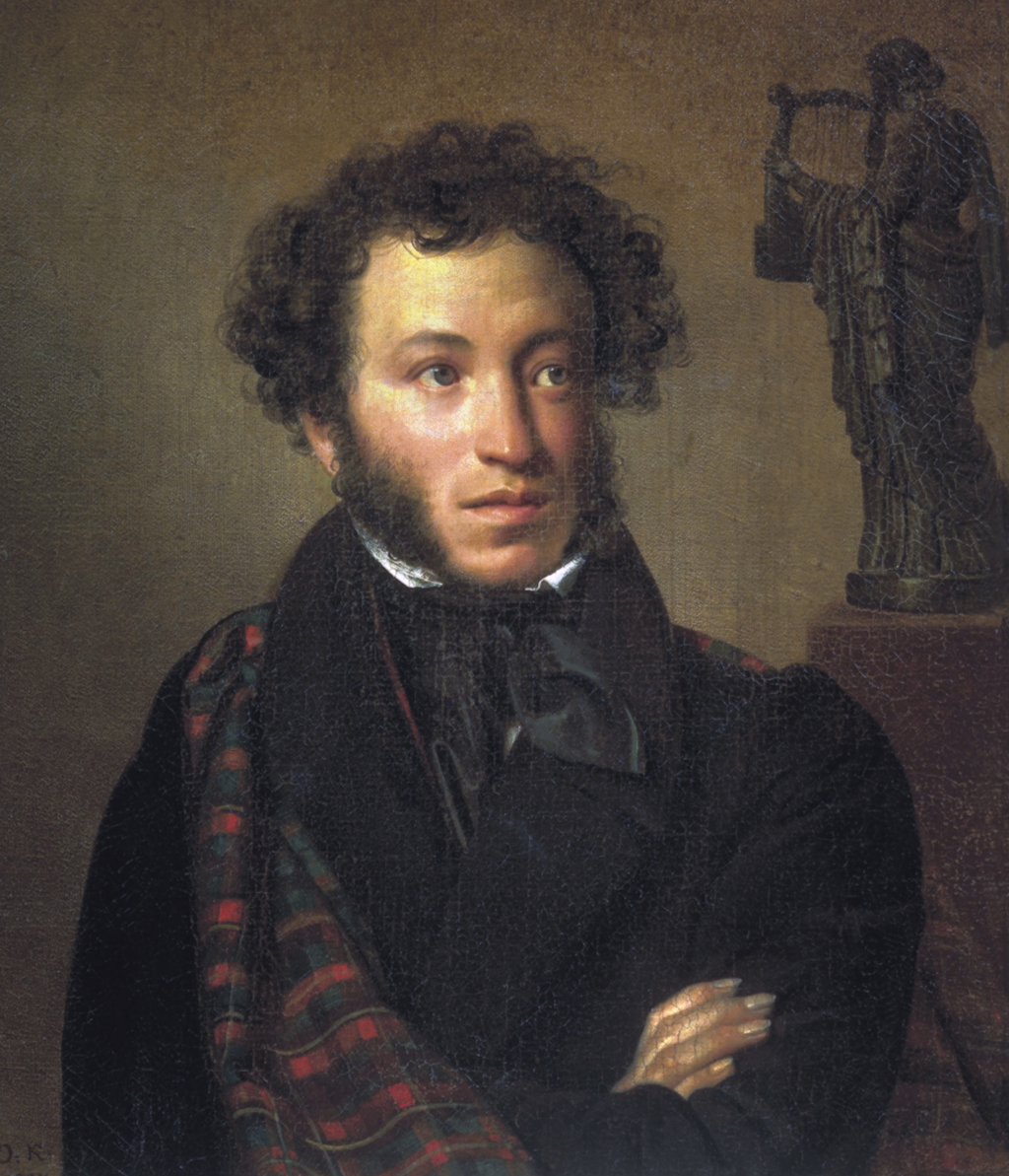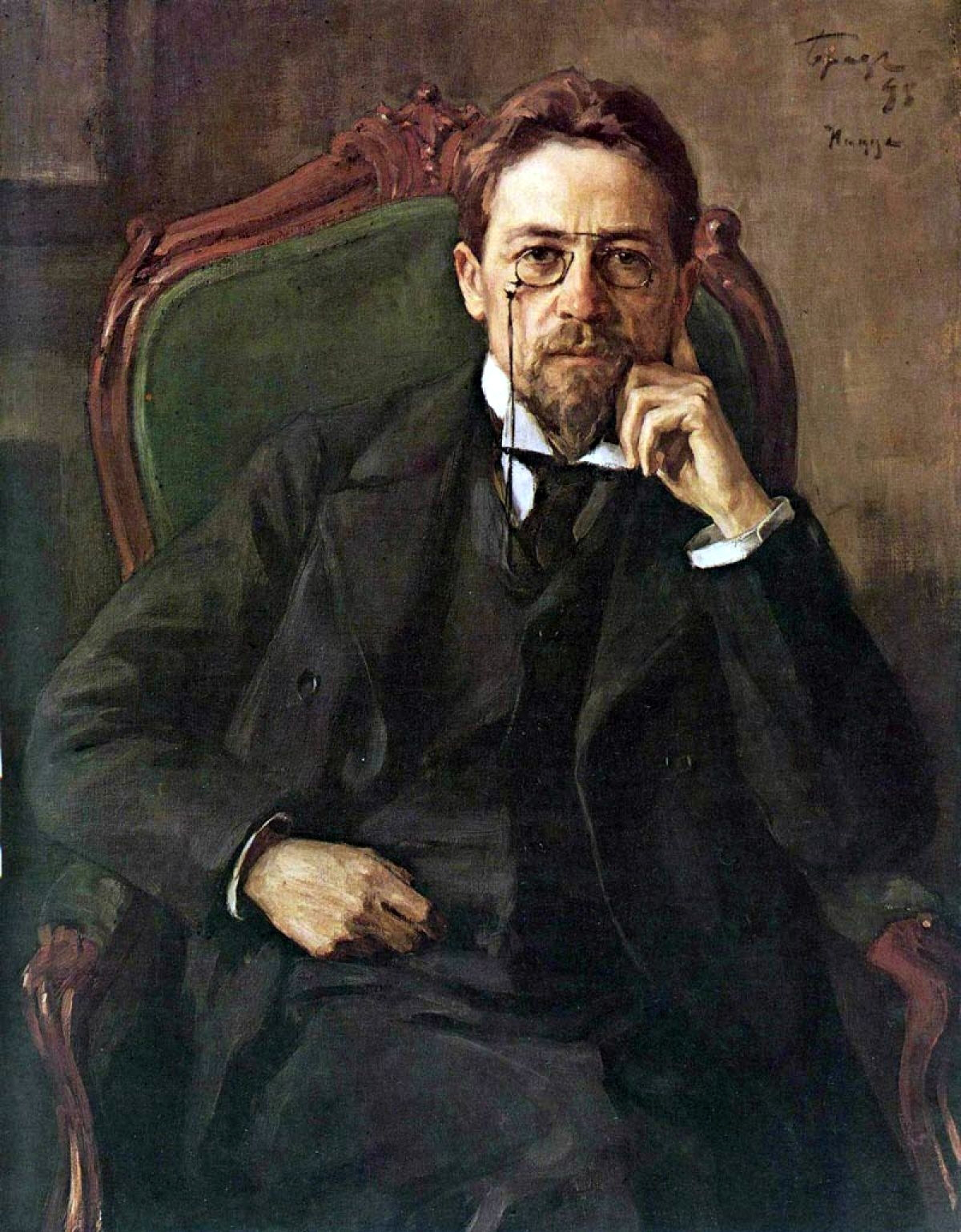3 great writers Leo Tolstoy disliked

Leo Tolstoy.
Sergei Prokudin-GorskyUntalented Shakespeare
 Portrait of William Shakespeare by John Taylor. Source: London’s National Portrait Gallery
Portrait of William Shakespeare by John Taylor. Source: London’s National Portrait Gallery
Leo Tolstoy was one of Shakespeare’s fiercest critics. He denied that the English writer was a genius and did his utmost to undermine his standing in literary circles. According to Tolstoy himself, he spent the best part of 50 years trying to understand Shakespeare. He kept going back to the playwright in every possible language and translation that he could, but the result was always the same: Shakespeare’s writing evoked feelings of “repulsion, weariness and bewilderment” in Tolstoy.
Finally, in 1906, the 75-year-old Tolstoy wrote a wide-ranging essay explaining his intense dislike for Shakespeare. “I remember the astonishment I felt when I first read Shakespeare,” wrote Tolstoy. “I expected to receive a powerful esthetic pleasure, but having read, one after the other, works regarded as his best: King Lear, Romeo and Juliet, Hamlet and Macbeth, not only did I feel no delight, but I felt an irresistible repulsion and tedium, and doubted as to whether I was senseless in feeling works regarded as the summit of perfection by the whole of the civilized world to be trivial and positively bad, or whether the significance which this civilized world attributes to the works of Shakespeare was itself senseless.”
Tolstoy found Shakespeare’s works immoral and even wrote that the writer’s plays had almost no artistic merit. He could not deny Shakespeare’s huge influence and popularity, but his main point was that everyone admired Shakespeare, and yet almost no one could clearly explain why. The Russian writer was certain that Goethe, who he considered a “dictator of philosophic thought and esthetic laws”, had made an enormous contribution to Shakespeare’s global popularity. Tolstoy reduced this playwright’s widespread appeal to “a series of casual circumstances”, and, although his opinion did not gain very much support, he didn’t waver from it until his death.
Read more: Why Shakespeare is an honorary Russian
Insignificant Pushkin

Tolstoy’s attitude toward Alexander Pushkin was quite controversial. He denied that Pushkin deserved his position as a national literary treasure, claiming that his poetry had almost no value; yet, many literary critics – and even Tolstoy himself – noticed evidence of Pushkin’s influence on Tolstoy’s works. So, despite the fact that Tolstoy couldn’t stand Pushkin’s poetry he truly respected him as a writer, feeling that Pushkin’s vision of the literary art was something for good writers to aspire to.
Boris Eikhenbaum, a respected Russian and Soviet historian of Russian literature, studied this contradiction in depth. He wrote that “two Pushkins” existed for Tolstoy. The first, who Tolstoy could not stand at all, was the universally adored, famous poet who was continually praised, while the second was Tolstoy’s wise literary teacher.
In addition, Pushkin loved Shakespeare as much as Tolstoy hated the English playwright, which is perhaps another reason for Tolstoy’s doubts regarding the great Russian poet.
Read more: 10 reasons why Pushkin is so great
Chekhov the bad playwright
 Portrait of Anton Chekhov by Osip Braz. Source: wikipedia.org
Portrait of Anton Chekhov by Osip Braz. Source: wikipedia.org
Anton Chekhov and Leo Tolstoy knew each other personally. They had mutual respect and some measure of admiration for each other’s literary work. However, this didn’t prevent Tolstoy from strongly criticizing his friend.
Tolstoy always said that Chekhov was a great artist whose masterpieces could be reread countless times. Except his plays. Once he told Chekhov, “A playwright should take the theater-goer by the hand, and lead him in the direction he wants him to go. And where can I follow your character? To the couch in the living-room and back – because your character has no other place to go.”
In The Book of Life (1922) Chekhov’s colleague Peter Gnedich recalls one of Chekhov’s statements about his relationship with Tolstoy: “I recently visited Tolstoy in Gaspra. He was bedridden due to illness. Among other things, he spoke about me and my works. Finally, when I was about to say goodbye he took my hand and said, 'Kiss me goodbye.’ While I bent over him and he was kissing me, he whispered in my ear in a still energetic, old man’s voice, ‘You know, I hate your plays. Shakespeare was a bad writer, and I consider your plays even worse than his'.”
Read more: 5 great foreign writers who were influenced by Russia’s literary giants
If using any of Russia Beyond's content, partly or in full, always provide an active hyperlink to the original material.
Subscribe
to our newsletter!
Get the week's best stories straight to your inbox